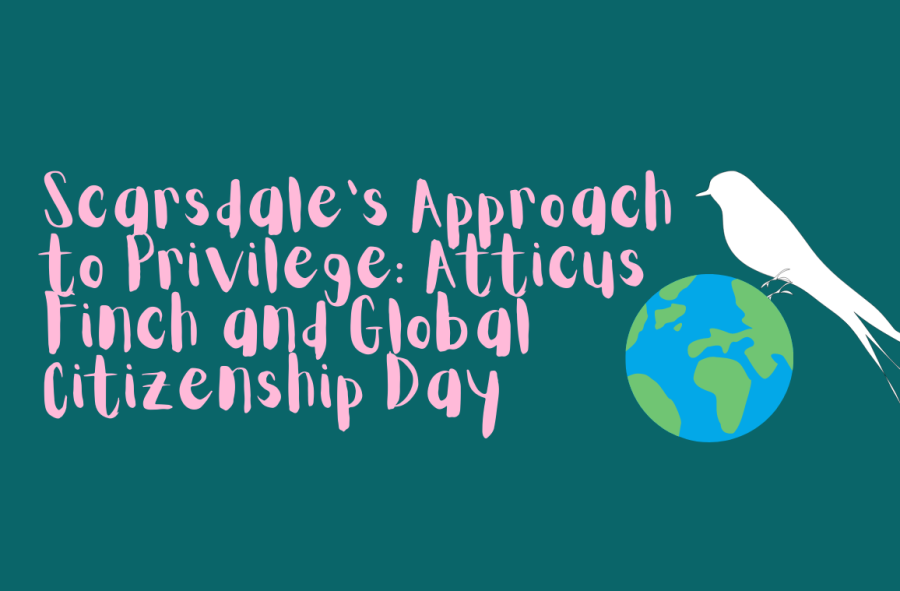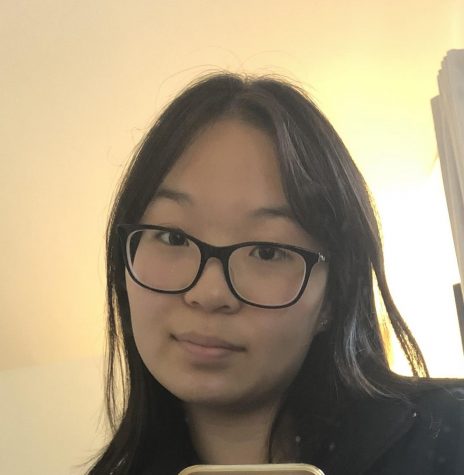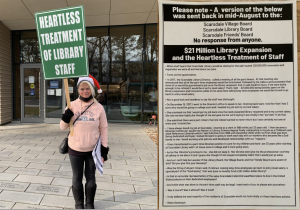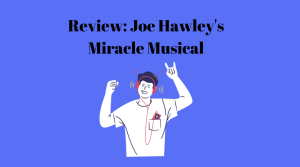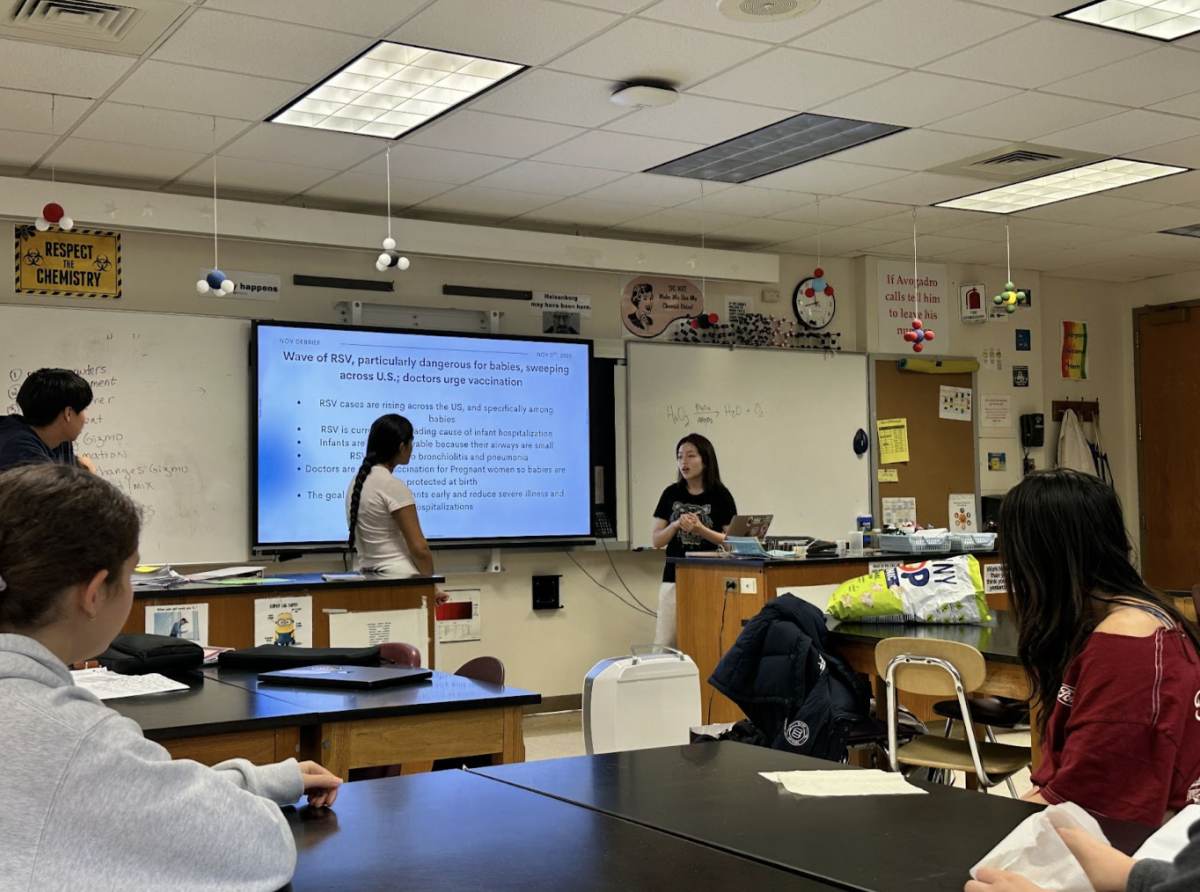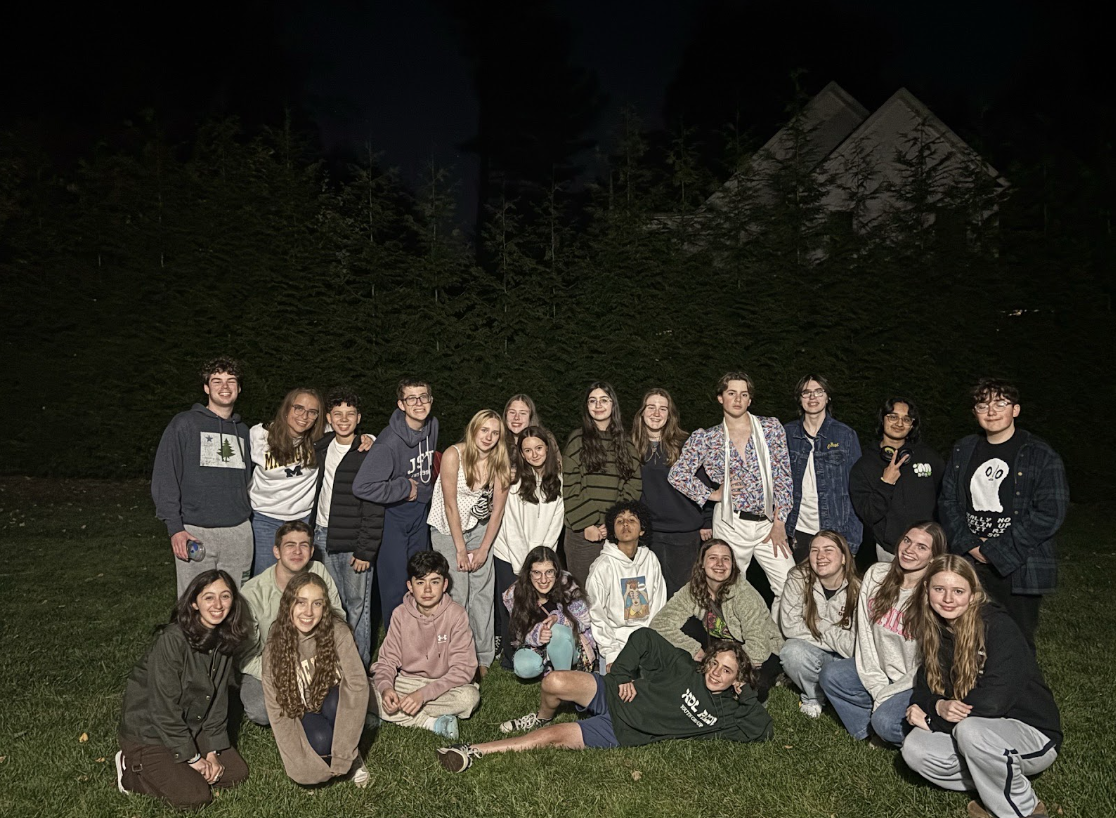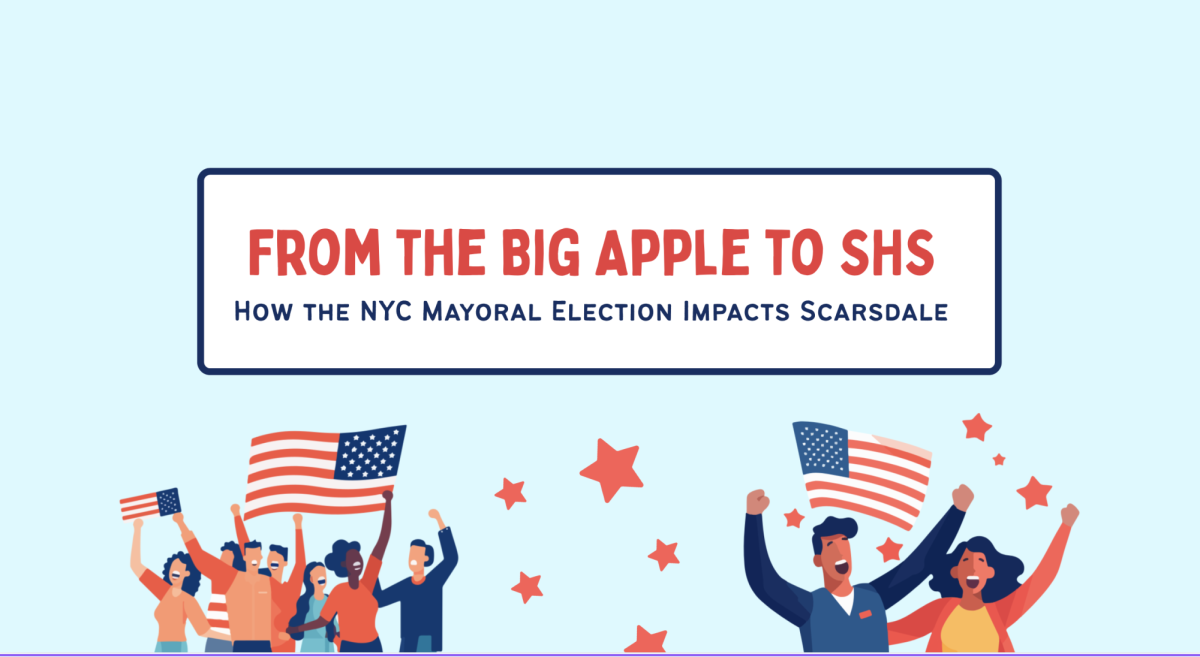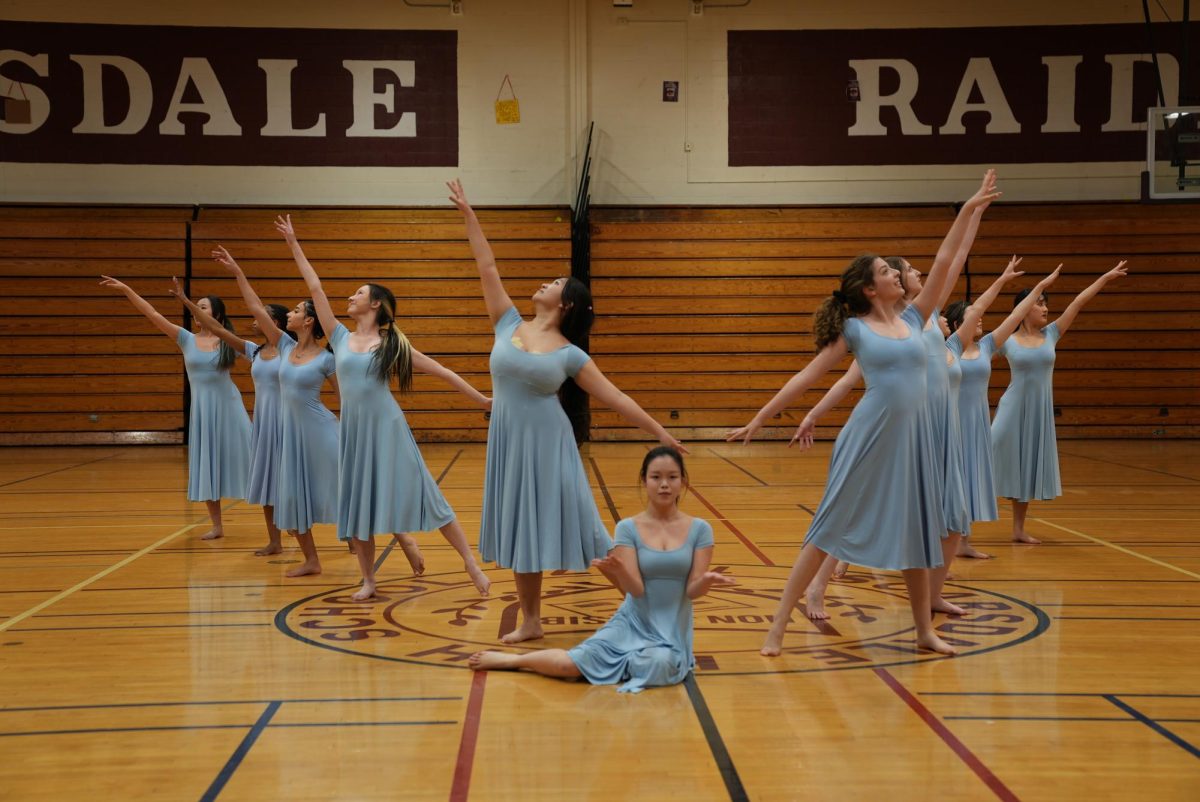Scarsdale’s Approach to Privilege: Atticus Finch and Global Citizenship Day
Privilege is a widely discussed concept in Scarsdale High School, but the question becomes how should we correctly approach our privilege?
October 28, 2021
For a long time, I have grappled with my privilege. I know what it is–I can define “privilege” in words, but no matter how hard I try I can’t feel it. To be quite honest, I don’t know what to feel. At the beginning of October, SHS hosted Global Citizenship Day, designed to raise awareness for international crises. But even as I am a global citizen, I am also a Scarsdale citizen. It’s almost impossible to listen to the world’s problems without being reminded of my place within it. Even though I am not white, I listen to a lot of the world’s injustices with the subconscious feeling that the problem doesn’t affect me. I can listen to statistics about court injustice and police brutality, but I will never experience the hurt of a targeted group. I can imagine the pain of an internment camp, but I have never felt it. In fact, throughout the entire day, I am ashamed to say that I had an overwhelming feeling of detachment. On a logical level, I knew it was terrible that I could hear stories of injustice but still forget about it the next day. But knowing my feelings were wrong did not mean I could change them.
We’re constantly being reminded of our privilege, and for good reason. But what does this newfound consciousness really mean? For most of us, myself included, we first began exploring our privilege as kindergarteners behind a smart-board while an American ‘good samaritan’ and their team built a well, school, or hospital, for helpless children in India or Africa. On an international level, this manifests in Christian missionary trips to South America, or the celebrity posing for a photo with malnourished children above a sympathetic caption. In America, the stories we read reflect many of the same tropes: a rich, perfect American using their privilege to help communities in need. It’s a story we love to read.
In fact, Scarsdale’s sophomore read a textbook example of this trope every year. To Kill a Mockingbird by Harper Lee Collins paints a picture of rural Maycomb, Alabama in 1933. The town is divided into the white suburbs where the good-hearted white lawyer Atticus resides, and the impoverished black neighborhood, where the defendant lives. As Atticus attempts to exculpate the falsely accused black man from conviction, he is lionized by the black community for his strength in the face of hatred. In hindsight, I find irony; as Collins follows a story of judicial oppression towards black people, she centers it around a white protagonist. The black man’s story is all but forgotten, diminished to a one-dimensional plot point to prove the benevolence of Atticus. The most striking aspect of this approach to privilege is emphasized in the final pages of the book, where the injustices of the previous chapters are resolved and no thought is given to the still-suffering communities just beyond the white suburb where Atticus kisses his children goodnight.
It’s obvious this story wasn’t meant as a conversation starter for the oppression of black people in the courts. Instead, it was an easily digestible guide for privileged people to be comfortable with themselves. It detaches us from issues and reminds us that at the end of the day, as long as we hold a kind-heart to underprivileged people, we can move on with our lives. This is the detachment that I feel all the time when we discuss privilege–it is what I felt on Global Citizenship Day. And it is the result of years of being exposed to a savior complex.
What I find most ironic about reading To Kill a Mockingbird was not the implicit savior complex, but instead that Collins wrote the book in 1960; amidst the Civil Rights movement, where black people actively fought for their own rights. Yet, To Kill a Mockingbird is the book we read in our sophomore year, not the literature of Malcolm X, or Angela Davis. How we currently approach privilege, through the books we read, the media we consume, presents privilege as injustice solely on the individual level, not the broader systemic level. It focuses on privileged characters, in order to give privileged people a sense of comfort. These stories end with an optimistic ending, giving a false impression that racism is ‘solved’.
These narratives present change as motivated solely by the privileged class, and implies that change may never be achieved by the oppressed class. This is blatantly incorrect; the only real change that has ever occurred has transpired from the hands of black people, POC, women, and the proletariat. Martin Luther King Jr. was not a white man with a good heart who had led the march on Washington, and neither was Rosa Parks. However, this narrative disempowers change driven by the oppressed classes. it is only seen as valid once endorsed or motivated by the privileged classes – and this will only occur once the cause itself is watered down to fit the beneficence to the oppressor, and this more than likely means it carries little to no value to the groups it ostensibly benefits.
As I came to understand my position in a hierarchy of systemic oppression, I realized how dangerous this way of understanding our privilege could be. It gives the impression that class and racial injustices belong purely to the realm of ideas and prejudices, and pertain solely to individual interactions. This approach neglects the broad and systemic aspects that define the meaning of being poor or black in America. As always, it’s impossible to talk about race without talking about class as well. Advice like ‘pull yourself up by your bootstraps’ is constantly being thrown at poor people as they protest their blatantly unlivable wages. Despite this idea being both literally impossible and figuratively infeasible for those financially struggling, government apparatuses revolve around these principles simply because it benefits the privileged. American systems often stay in the power of a privileged elite that fails to connect with the needs of the less fortunate. Similarly, racial issues are rooted in institutions designed to profit off the oppression of people of color. We are presented with a binary of belligerent, overt bigots, and kind-hearted progressives. This leaves no room for implicit biases or bystanders who actively work to hold up these institutions, despite how they might self-present as non-racists. We may also feel an urge to eschew our difficult responsibilities to the unfortunate as privileged people, and so we try to erase our oppressor status by being a ‘good person’. However, this status will never change, and we must constantly be cognizant of our privilege to avoid endangering those less fortunate than ourselves.
So how do we correctly approach our privilege? Instead of taking the charge, as the savior approach suggests we do, we must use the privileges we have afforded to us to amplify the voices of those less fortunate. For example, Mr. Sam Mihara’s experiences with Japanese internment camps were firsthand, and his advocacy helps to keep the painful memory in our narrative today. As Scarsdale students, our is to listen and respect his experience. Oppressed peoples have been, and will continue to be the most qualified to speak on their own behalf, and of the issues that face them. Instead of acting on our own guilty accord, by adopting their narrative and complying with their leadership, we will be making true progress towards a more equitable society.

